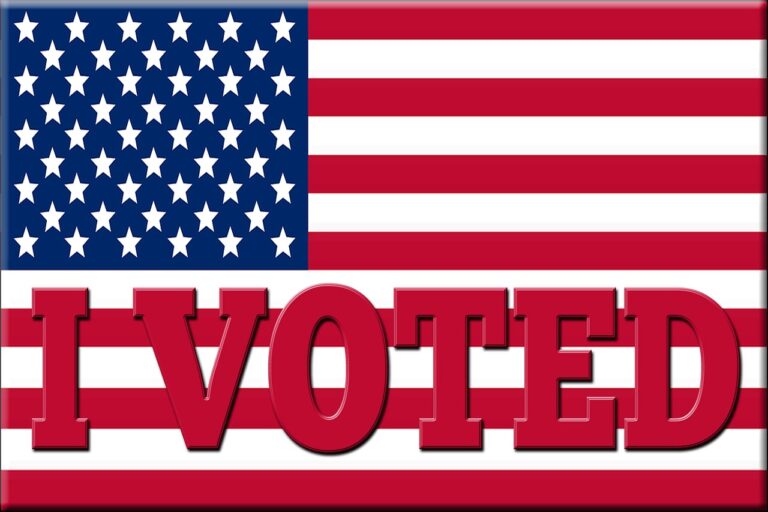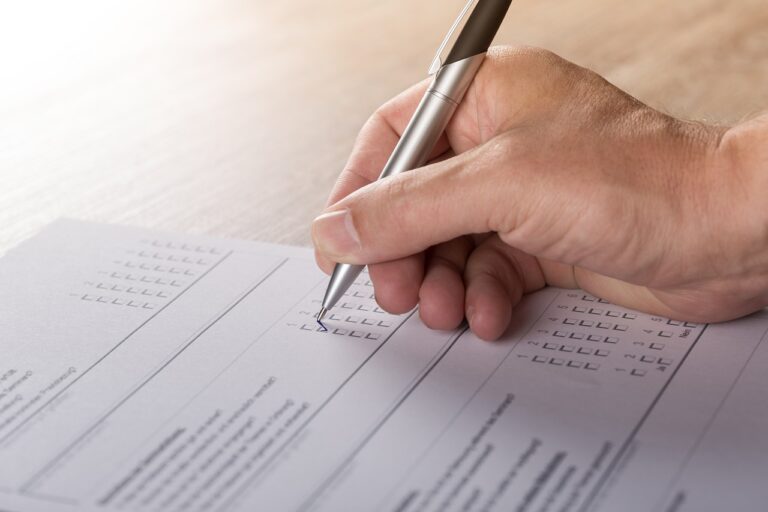Enhancing Accessibility for Voters with Disabilities
betbook247, radhe exchange registration, my laser247.com:Voting is a fundamental right and responsibility for every citizen in a democratic society. However, for individuals with disabilities, accessing the voting process can be challenging. From physical barriers at polling stations to lack of accessible voting materials, there are a variety of obstacles that can prevent individuals with disabilities from exercising their right to vote.
Enhancing accessibility for voters with disabilities is crucial to ensuring that everyone has the opportunity to participate in the democratic process. By implementing inclusive and accessible voting practices, we can create a more equitable and representative democracy for all.
Here are some practical steps that can be taken to enhance accessibility for voters with disabilities:
1. Providing Accessible Polling Locations: One of the most basic ways to enhance accessibility for voters with disabilities is to ensure that polling locations are physically accessible. This includes providing ramps, wide doorways, and accessible parking spaces for individuals with mobility impairments. In addition, polling stations should be equipped with voting machines that are accessible to individuals with visual or dexterity impairments.
2. Offering Early Voting and Mail-In Ballots: Early voting and mail-in ballots can provide greater flexibility for individuals with disabilities who may have difficulty getting to the polls on Election Day. By offering alternative voting methods, we can ensure that all voters have the opportunity to participate in the electoral process.
3. Providing Voter Assistance: Poll workers should be trained to provide assistance to voters with disabilities who may need help casting their ballots. This can include helping individuals with visual impairments read the ballot or assisting individuals with limited dexterity in marking their choices. By offering voter assistance, we can ensure that all voters are able to participate independently and confidentially.
4. Providing Accessible Voting Materials: Voting materials, such as ballots and voter guides, should be available in accessible formats for individuals with disabilities. This can include large print ballots, audio ballots, and braille materials for individuals with visual impairments. By providing accessible voting materials, we can ensure that all voters have the information they need to make informed choices on Election Day.
5. Implementing Technology Solutions: Technology can play a key role in enhancing accessibility for voters with disabilities. This can include implementing electronic voting machines with accessibility features, such as audio prompts and touch screens with adjustable font sizes. By leveraging technology solutions, we can make the voting process more accessible and user-friendly for individuals with disabilities.
6. Promoting Disability Awareness and Training: Finally, promoting disability awareness and providing training to poll workers and election officials can help ensure that the needs of voters with disabilities are understood and addressed. By educating staff on best practices for serving voters with disabilities, we can create a more inclusive voting environment for all.
In conclusion, enhancing accessibility for voters with disabilities is essential to creating a more inclusive and equitable democratic process. By implementing these practical steps, we can ensure that all individuals, regardless of ability, have the opportunity to participate in the electoral process and have their voices heard.
FAQs:
Q: What are some common barriers that voters with disabilities face?
A: Common barriers for voters with disabilities include physical barriers at polling locations, inaccessible voting materials, lack of voter assistance, and limited alternative voting methods.
Q: How can I request accommodation as a voter with a disability?
A: Voters with disabilities can request accommodation, such as accessible voting materials or voter assistance, by contacting their local election office. It is important to request accommodation in advance to ensure that your needs are met on Election Day.
Q: Are polling locations required to be accessible to individuals with disabilities?
A: Yes, polling locations are required to be accessible under the Americans with Disabilities Act (ADA). This includes providing ramps, wide doorways, and accessible voting machines for individuals with disabilities. If a polling location is not accessible, alternative voting options should be made available.







